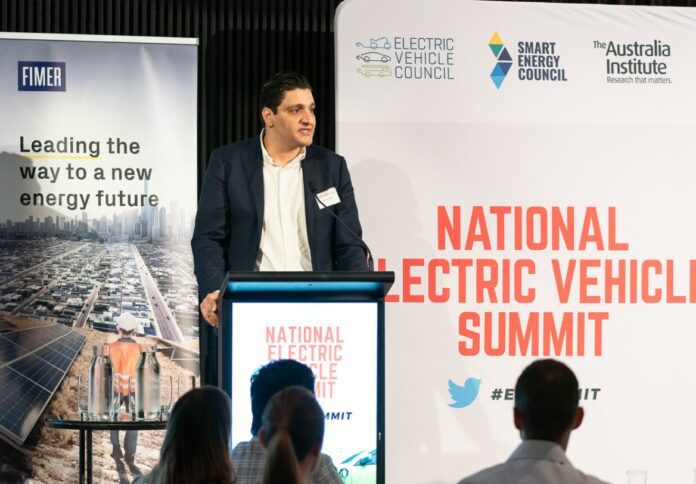
Electric Vehicle Council CEO Behyad Jafari said a well-designed new vehicle efficiency standard (NVES) is crucial to put an end to Australia’s reputation dumping ground for out-of-date, high-emission vehicles.
According to him, strong standards will enable Australia to catch up to the industrialised world with a goal to ultimately adopt greener, less expensive, and more efficient cars.
He argued that maintaining the status quo would not only be costly but also harmful to the environment, adding that the study supports the simple truth that a globally competitive efficiency requirement for automobiles will result in cost savings for drivers.
“Under a new vehicle efficiency standard, lower running costs and increased competition would drive a reduction in the overall cost of both electric and efficient internal combustion engine vehicles by up to thousands of dollars,” Jafari remarked.
New research from economics advisory firm Mandala Partners has found that over 85 per cent of automobiles sold globally come with NVES, highlighting that Australia is one of the few developed countries without it, along with Russia.
The European Union has the strictest requirements, requiring all new cars to be sold by automobiles with zero emissions by 2035.
According to the study, while the NVES would have a relatively minor influence on vehicle prices, the cost savings throughout the life of the vehicle would more than offset this, making cars cheaper overall for consumers.
“An effective and competitive standard can save consumers up to $10,000 over a vehicle’s lifetime, and deliver up to $13.6 billion in benefits for Australians by 2035,” the research found.
In particular, consumers who buy new cars are expected to save $9.2 billion, while Australians will save $4.4 billion in environmental benefits.
“It’s clear that a strong standard will improve the efficiency of new vehicles, increase the supply of electric vehicles, reduce CO2 emissions, bring health benefits by reducing air pollutants, and save motorists money,” Jafari stated.
He also urged the federal government to establish a mandatory, competitive efficiency standard as soon as possible so that Australians can realise these benefits.



















